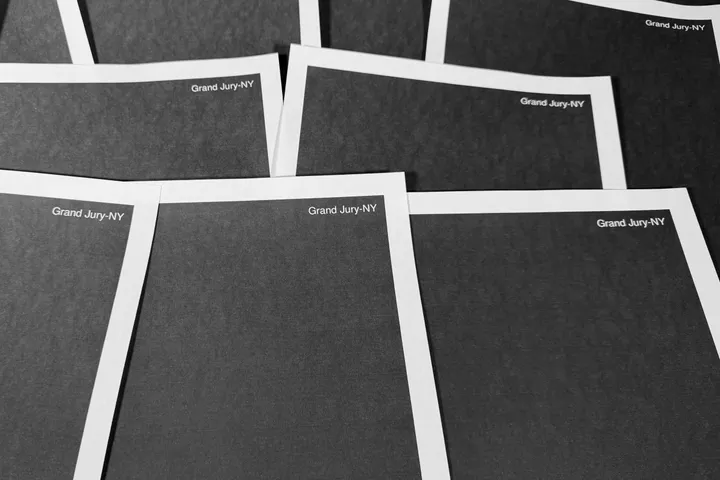To the layman, the Nuclear Suppliers Group (NSG) may sound like a shadowy enterprise serving the black market with radioactive material. But the purpose of the 48-nation group is quite the opposite: preventing nuclear material and technology from falling into the wrong hands.
The NSG has been in the news quite a bit lately, particularly with regard to India and Pakistan's bid to gain entry into the exclusive club. But how does the NSG work? Is it like the G8 or the UN? And why are nuclear powers India and Pakistan trying so hard to woo big players like the US and China?
The nuclear test that started it all
The NSG was formed in 1975 and first convened in London following a nuclear test by India in 1974.
The United States, Canada, West Germany, France, Japan and the Soviet Union were the first members of the NSG, which is now made up of 48 countries and has the European Commission as permanent observer.
According to the NSG, the 1974 nuclear test was an alarming demonstration that nuclear technology traded for peaceful purposes could be used to develop weapons. The group urgently called for guidelines to regulate the export of nuclear technology and strict protocols to limit nuclear arms proliferation were developed in the meetings that followed.
The NSG meets annually.
What's the difference between the NSG and IAEA?
It may seem like the NSG and the International Atomic Energy Agency are effectively doing the same thing, but the two are independent of each other.
The IAEA is an independent organisation within the United Nations system and has "a specific role as the international safeguards inspectorate." In simpler words, the IAEA is more like a global "police force" in all matters related to nuclear energy.
The NSG, on the other hand, is a group of countries which deal in nuclear trade and have agreed upon strict protocols in the transfer of civilian nuclear material and technology to states with no nuclear weapons.
Guidelines for the NSG were published by the IAEA in 1978.
NSG guidelines govern exports/transfer/protection for:
- Nuclear material, nuclear reactors and equipment, non-nuclear material for reactors, plant and equipment for the reprocessing, enrichment, and conversion of nuclear material and for fuel fabrication and heavy water production, technology associated with each of the above items.
- Nuclear-related dual-use items and technologies (items that have both nuclear and non-nuclear applications.
Why is the NSG in the news all of a sudden?
The NSG is meeting this week in Seoul and all the headlines leading up to the plenary session have been dominated by India's push to gain entry to the 48-nation club.
Four UN member states, India, Pakistan, Israel and South Sudan have not signed the Nuclear Non-Proliferation Treaty (NPT) and there are fears bringing the nuclear-armed South Asian neighbours into the NSG fold could undermine its efforts.
India's bid to gain membership of the NSG has prompted Pakistan to launch a bid of its own. Both countries claim access to nuclear technology and materials would help boost their fledgling power sectors besides affirming their status as legitimate nuclear powers.
For the NSG, granting membership to only one of the South Asian countries could mean triggering a nuclear arms race. But access to the NSG means India and Pakistan will be able to trade in nuclear technology, and that is viewed by the experts as a bigger threat to non-proliferation.
"India has that big market pull for world powers and the US economy could do with a real push right now. It is not surprising that the Obama administration is pursuing India's inclusion in the prestigious nuclear group," Dr Rashid Ahmad Khan, an expert on South Asian affairs, tells TRT World.
"India can improve its nuclear program this way, but then there's also the matter of Pakistan. Both countries want special status on the NSG despite being non-signatories of the Nuclear Non-proliferation Treaty. Ultimately, China's nod will decide the matter," Khan adds.
How does a country get into the NSG?
In order to gain access, the consensus of member countries is required.
Countries seeking membership of the NSG must also support non-proliferation efforts and adhere to the NPT or an equivalent international non-proliferation treaty.
They must also demonstrate the ability to safely supply items (including in transit) on the NSG list besides enforcing a legally based domestic export control system.
























